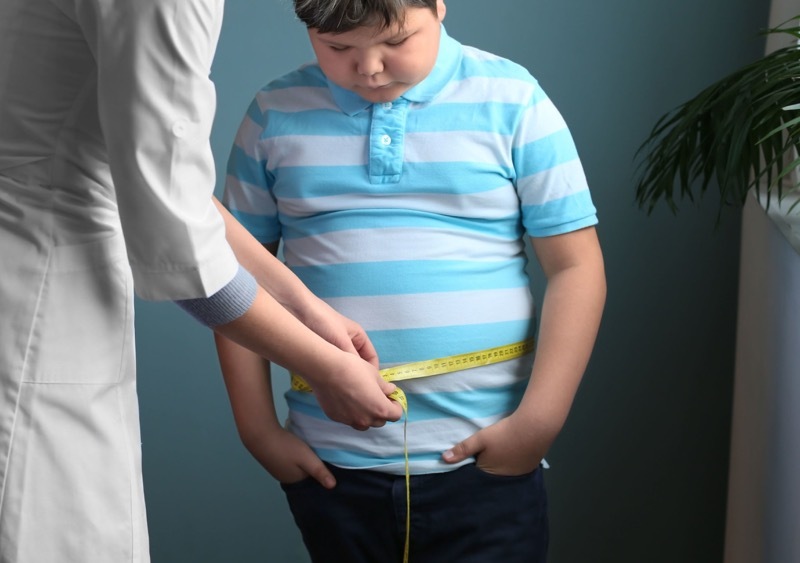THE effect the Covid-19 pandemic has had on the town’s children has been laid bare in a new report and it shows that obesity has become a greater issue.
Children’s obesity rates across the country have risen during the pandemic, NHS Digital figures show.
In 2022/23, 22.7 per cent of year six pupils were obese or severely obese up from 21 per cent in 2019/20, before the pandemic.
In Barnsley, some 26.3 per cent of year six children were measured as obese or severely obese up from 19.3 per cent in 2019/20.
Just 21 of 138 areas with comparable data saw a fall in the proportion of obese or severely obese children.
Coun Wendy Cain, cabinet spokesperson for public health and communities, told the Chronicle: “Obesity rates are increasing across the country for both adults and children, and Barnsley is no exception.
“There are a lot of different reasons for this, including rising financial difficulties, cost of living pressures, and disruptions to food access and physical activity during the pandemic.
“In response, we’re collaborating with partners to implement various interventions and policy changes aimed at improving the health and wellbeing of young people in Barnsley.
“This includes the Healthier Futures accreditation, which helps schools and educational settings promote better health and wellbeing for children.( “The Healthy Holidays programme, which provides support for families in need by offering food and activities that help children stay healthy during school breaks.( “The Good Food Barnsley Partnership, committed to making sure everyone in the community has access to the food they need to lead healthy and happy lives.
“Additionally, we’ve recently signed the Local Authority Declaration on Healthy Weight, a borough-wide commitment to addressing obesity and enhancing health outcomes through improved food and physical activity initiatives.”
Dr Mike McKean, vice president for policy at the Royal College of Paediatrics and Child Health, said overweight children which accounts for two in five primary school leavers have a higher risk of chronic illnesses, mental health issues, and lower life expectancy.
The data also shows children living in the most deprived areas were more than twice as likely to be obese as those living in the most affluent.
A DHSC spokesperson said: “We face a childhood obesity crisis which is setting up children for an unhealthy life and putting greater pressures on the NHS.
“We will tackle these issues head on, including by banning junk food adverts targeted at children.”
Further NHS Digital figures show diagnosis services are letting down autistic children following the pandemic.
Autism is a life-long condition which impacts how people communicate and interact with the world, but every area in England has seen an increase in the number of children waiting for a diagnosis following a referral.
Meanwhile, the proportion of children waiting at least 13 weeks, which is the recommended timeframe in which a diagnosis should be provided, has increased in all but three areas.
In South Yorkshire, around 1,980 children had an open referral as of the end of June, with 87 per cent waiting for at least 13 weeks.
This was up from 465 children waiting for an autism diagnosis in June 2019.
The figures also show that mental health issues for children have also drastically increased.
NHS Digital figures show 9,450 under 18s were in contact with mental health services at the NHS South Yorkshire Integrated Care Board.
This was up from 7,550 in June 2019, the latest comparable period before the pandemic, and means the number of children receiving mental health support in the area has risen by a quarter in the last five years.



























